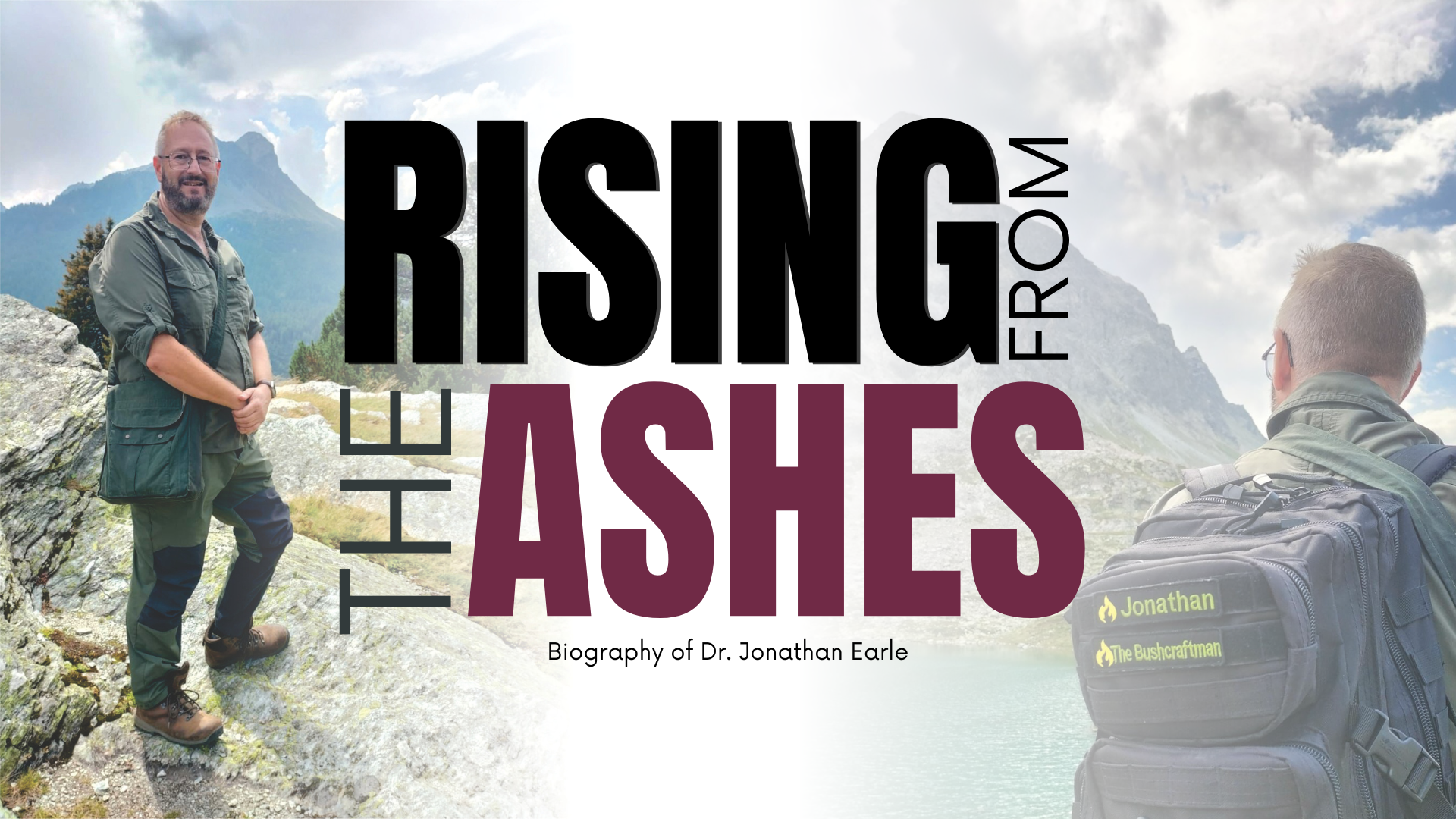
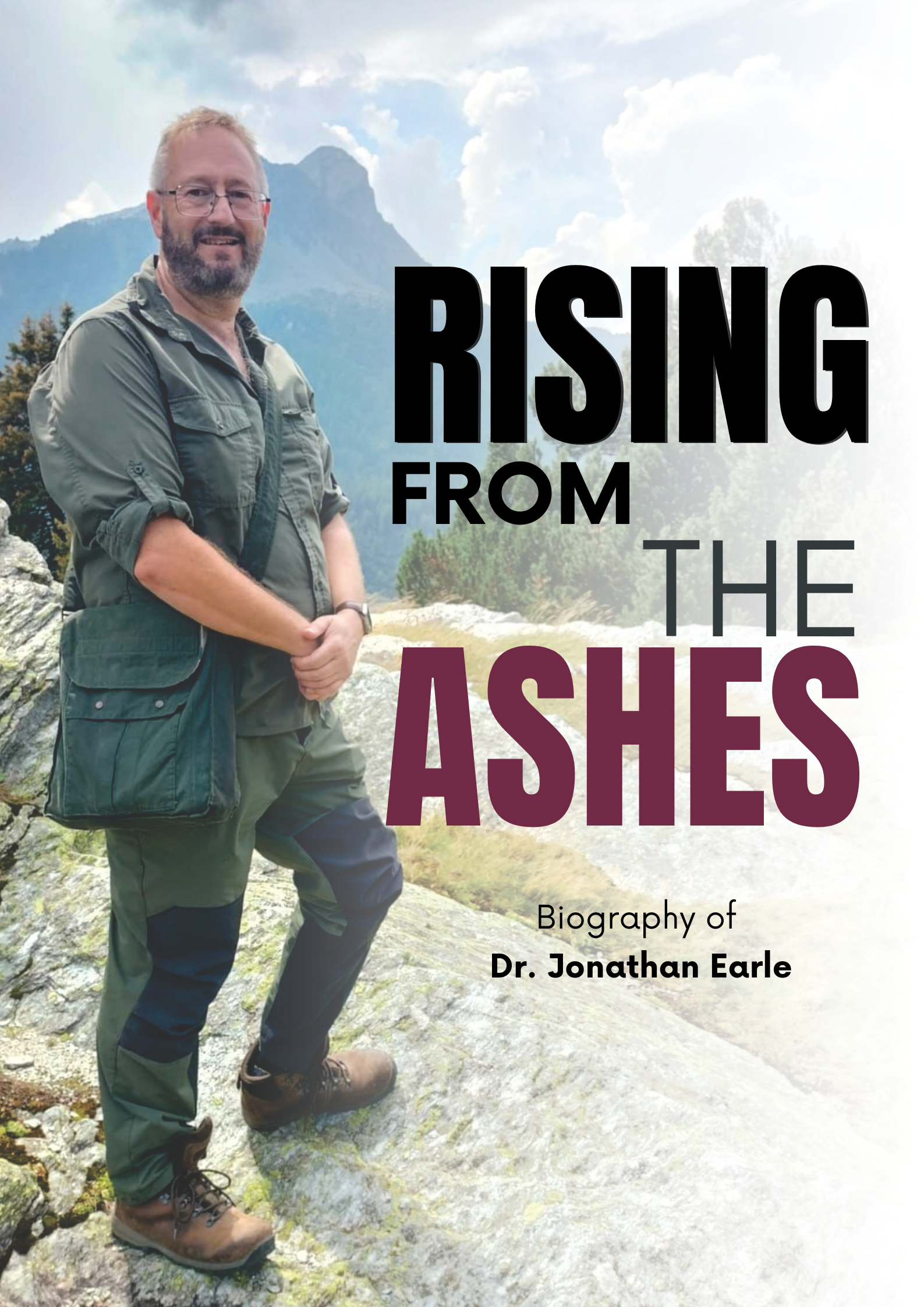
“It’s not whether you get knocked down, it’s whether you get up.”
Dedication
“Love is not about how many days, months, or years you have been together. It is about how much you love each other every single day.”
— Unknown
This biography is lovingly dedicated to my fiancée —for her unwavering love, patience, and support.
Through every high and every low, she has stood beside me, believing in me even when I struggled to believe in myself.
Her presence has been a constant reminder that true love is not measured by time, but by the depth of devotion shared every single day.
Without her, this journey would not have been possible.
PHASE A Childhood of Shadows
“It is during our darkest moments that we must focus to see the light.” –Aristotle
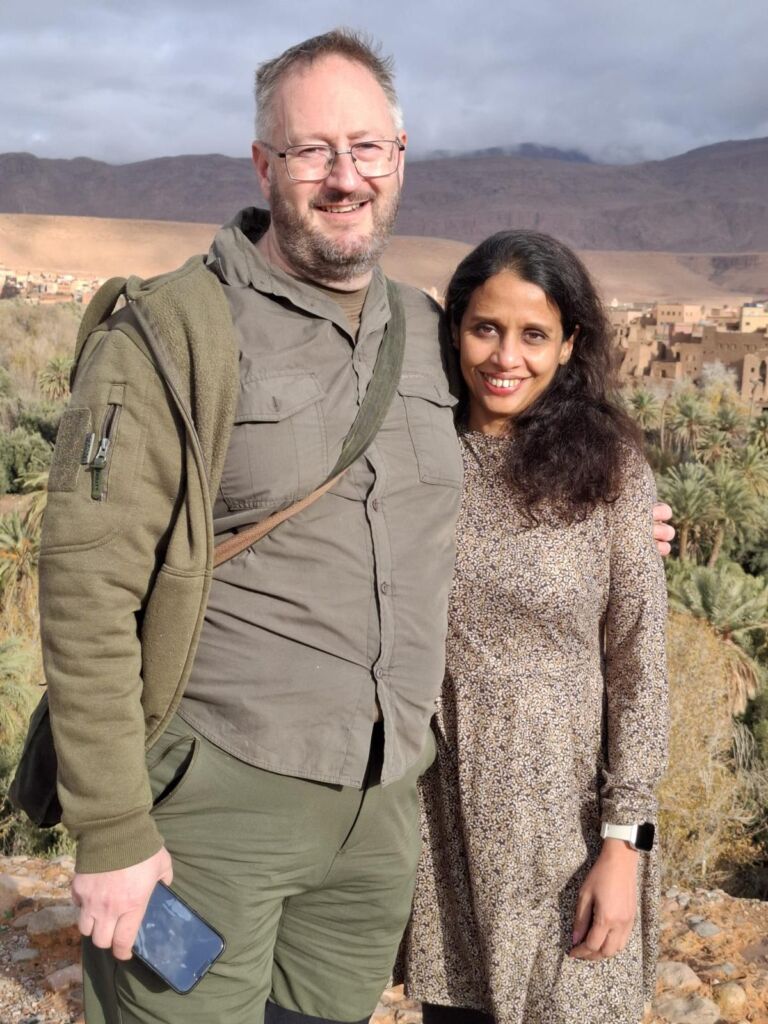
The first thing I learned as a child was fear. It crept into my bones before I even understood what it was. Fear of voices raised too high. Fear of footsteps that echoed too loudly. Fear of the silence that came before the storm. My home, though built with walls and a roof, was never a refuge. It was a place where love was a distant, foreign concept, where warmth never lingered, and where I existed more as an obligation than as a son.
I do not remember being held. I do not recall hearing words of encouragement or affection. While other children were tucked into bed with bedtime stories, I fell asleep to the sound of arguments that never seemed to end. The walls of our house absorbed sharp, bitter words and my father’s cold indifference, reflecting them back at me until they became a part of my very existence. I learned that crying was weakness. That seeking comfort would only invite ridicule. That no matter how much I tried, I would never be enough.
I was not a child to be nurtured—I was a problem to be managed. If I spoke too loudly, I was reprimanded for being disrespectful. If I kept quiet, I was accused of being ungrateful. If I succeeded in school, my achievements were brushed aside as meaningless. If I failed, it only confirmed what he had always believed—that I was worthless. The weight of his disappointment pressed against me at all times, suffocating me like an iron chain wrapped around my chest.
I learned to live cautiously, to shrink myself down so as not to provoke his fire. I walked on eggshells, every step measured, every word carefully considered. But even silence was not a shield strong enough to protect me. My father’s anger was unpredictable. The bruises faded and the bones healed with time, but the words lingered, carving themselves into my very identity.
“You are in the way.”
“You’ll never amount to anything.”
“Learn to use an idiot stick” (shovel).
At some point, I stopped fighting. I stopped expecting kindness, stopped searching for approval, stopped hoping that things would change. I became invisible, retreating into the garden and in the corners of my own mind, where at least I was safe. A Glimmer of Light And yet, in that darkness, a small, unexpected light emerged. “The past does not define you; it prepares you.”. The Road to Resilience Looking back now, I realize that resilience is not something we are born with—it is something we build. Piece by piece. Pain by pain. Lesson by lesson
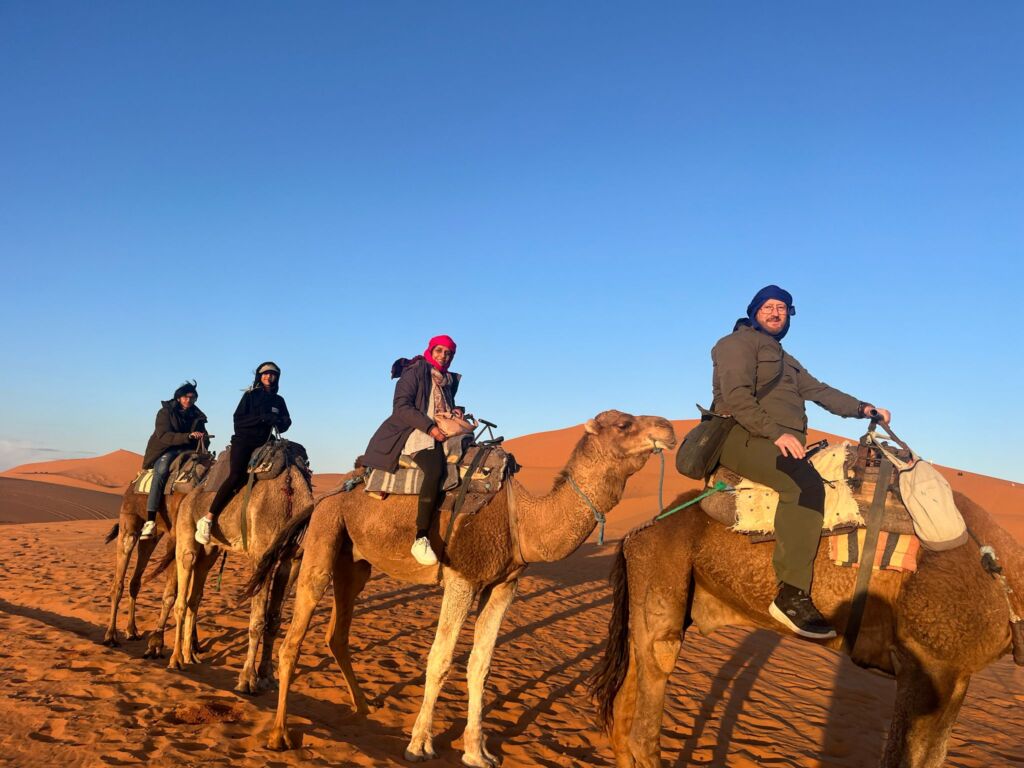
PHASE 2 : Breaking Free
“Do not go where the path may lead, go instead where there is no path and leave a trail.” – Ralph Waldo Emerson
There comes a moment in every person’s life when they realize they are no longer willing to be defined by their past. For me, that moment arrived in my teenage years. I had spent my childhood shackled by fear, controlled by the unpredictable moods of my father. I had been restrained by a wheelchair after being paralysed, fighting a silent battle to regain the feeling in my arms and legs. But deep inside, I knew I had a choice—I could either remain caged by the life I was born into, or I could break free and carve a different future for myself.
I had left school at the age of 14 and only returned for a few weeks. At 15, I was given a tutor. Education became my lifeline. School was not just a place where I learned facts and figures; it was my nanny’s living room, my escape from the chaos of home. I poured myself into my books, treating each lesson as a step toward freedom. I refused to let the harsh words of my father, with his constant belittling, dictate my worth. If I excelled, if I became something, perhaps I could prove—if not to him, then at least to myself—that I was more than the bruises, more than the neglect, more than the forgotten child he had tried to break.
The day I left home was one of the most terrifying yet exhilarating moments of my life. I walked out the door little more than a boy with dreams stitched together by sheer willpower, but for the first time, I was walking toward a life that I would choose, a life where hope, not fear, would lead the way.
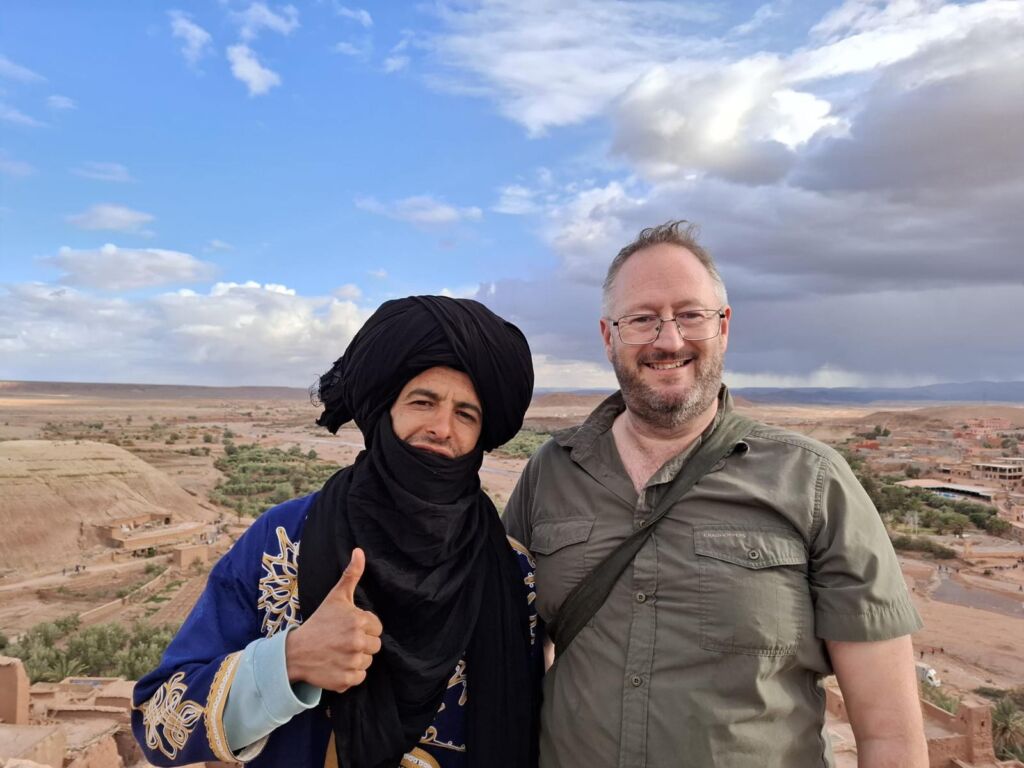
More than a bag and the weight of years of pain pressing against my chest, I carried with me a resolve forged in the fires of my past. There was no warm goodbye, no tears shed on my departure. My father had been violent for the last time. I had fought back, but I knew I needed to leave—I sensed what would come next, and I refused to stay and endure it.
Freedom, however, came with its own set of challenges. I had no safety net, no steady support system—just the fragile but unbreakable belief that I could make something of myself. I worked tirelessly to survive, juggling multiple part-time jobs while navigating the relentless demands of everyday life. But every time I wavered, every time doubt threatened to pull me under, I reminded myself why I had left. I had not come this far only to be defeated by hardship. I had survived far worse.
Breaking free was not a single act—it was a process, a daily fight against the ghosts of my past and the uncertainties of my future. But with every step forward, every small victory, I was proving something—not to my father, not to the world, but to myself.
I was not the broken child he had tried to mold me into.
I was something more.
I was becoming the person I was always meant to be.
Phase 3 : The Courtroom and the Compass
“The only way to do great work is to love what you do.” – Steve Jobs
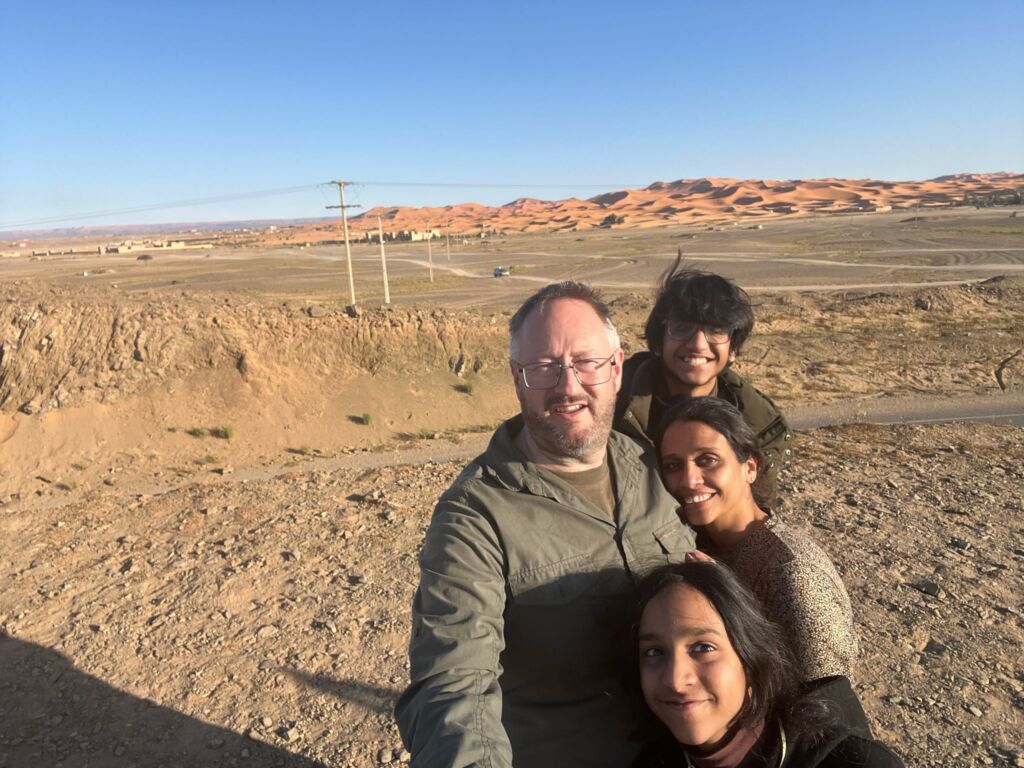
Stepping into the courtroom for the first time was a moment I will never forget. As I stood before the judge, a fire ignited deep within me—a fire I had long buried beneath layers of fear and self-doubt. This was no longer just a career; it was my battleground, my chance to reclaim the power that had been stripped from me as a child. It was my opportunity to stand tall, to be seen and heard, to make a difference in a world that had too often left me in the shadows.
In that courtroom, I was no longer the scared child beaten down by life.
I was a warrior—fighting not just for myself, but for those who had no voice, for those who had been silenced the way I once had been. The air was thick with tension, the weight of responsibility pressing against me with every word spoken. I was there to defend the helpless, to challenge the systems that had wronged them, to tear down the walls that kept them from justice.
Fighting for the Voiceless
My passion for the law was deeply personal. Every case I took on resonated with my own past—every client I represented reminded me of the pain I had once endured. Children trapped in abusive homes, victims of wrongful imprisonment, families shattered by injustice—I knew their anguish. I had lived it. I understood the frustration of knowing the truth but having no means to fight for it. I knew what it was like to feel small in a world that felt overwhelmingly large.
That’s why I poured myself into every case.
Each file I opened, each courtroom I entered, was a chance to right a wrong, to restore dignity to those robbed of it. I fought with the same relentless determination that had carried me through the darkest chapters of my life. I was determined to win—not for the accolades, but because every victory meant justice for someone who had been pushed to society’s margins.
Criminal and constitutional law became my weapons against oppression.
With every trial, I honed my skills—cross-examining witnesses, dissecting case files, and presenting my arguments with the precision and conviction of someone who knew intimately what it felt like to be powerless. Each victory was a small act of redemption, a step toward healing my own wounds by helping others heal theirs.
And yet, despite the triumphs, a part of me still felt unfulfilled.
The Limitations of the Courtroom
As much as I loved the law, as much as I believed in its power to bring justice, I began to see its limitations. The law, I realized, was often reactive—it only stepped in after the damage had been done. By the time my clients stood before a judge, their lives had already been shattered.
A question began to take root in my mind:
What if I could prevent the damage before it happened?
During my time as a Police Constable, I was immersed in the process of finding out, arresting, keeping order—an incredible and humbling experience—but even that role had its limits. I was always dealing with the aftermath. Always arriving too late.
I thought back to the roots of my own survival.
It wasn’t textbooks or formal education that had saved me.
It was the lessons learned through struggle—the resilience, the unwavering belief that I was worth more than my circumstances.
What if I could teach others that same strength?
What if I could show young people that their futures didn’t have to be defined by their pasts?
That thought stirred something powerful inside me—a new calling that would soon change the course of my life once again.